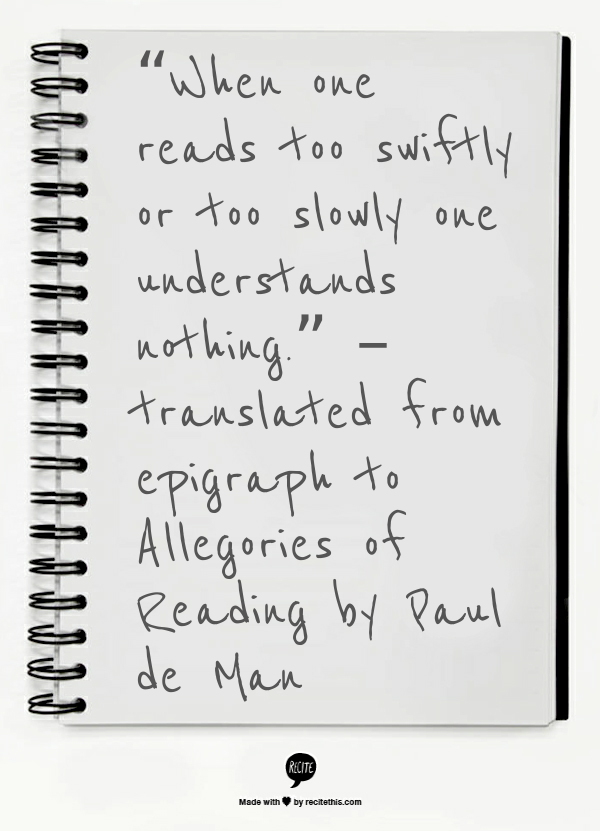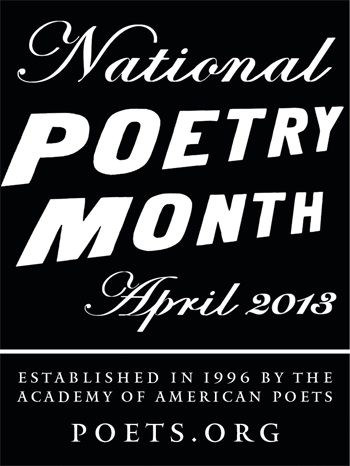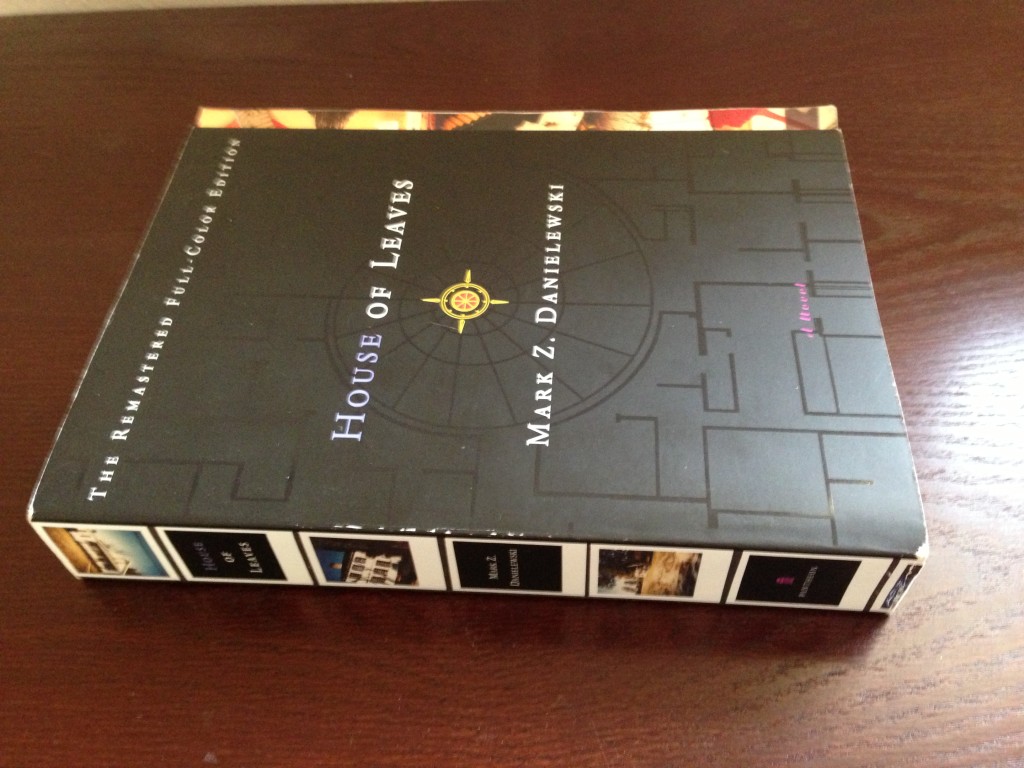I am lucky enough to have some of the most amazing CPs (critique partners) in the ENTIRE WORLD – not that I’m biased or anything – and lately I’ve been hearing wonderful news from several of them. It just makes me want to brag on them! I am so freaking-fracking proud of them (all of them, not just the five I’m sharing with you today; they’re just the ones who happen to have news right now). I feel fortunate to have them in my life.
So if you’ll forgive me, I’d like to take a moment to introduce them and share their good news – and plug their books a little. Just a heads up: this post looks a lot longer than it is because of the bios I’ve pasted in, but feel free to skip over those if you’re in a hurry. Just click on those book links! 😉
Kelsey Macke
About: Kelsey Macke (@KelsNotChels) has been creative for as long as she can remember. From an early age she was on stage singing, penning poetry, and writing notebooks full of songs. When the idea for her debut novel, Damsel Distressed, popped into her head, she was undeterred by the fact that she had no idea how to actually write a novel. Her bff, the internet, was her guide, and after much trial, error, and candy, she finished it, and set out to get it published… a process far more difficult than, the internet (now her mortal enemy), had led her to believe. She’s represented by Jessica Sinsheimer of the Sarah Jane Freymann Literary Agency.
How I know her + the news: I met Kelsey through my local critique group, and (thanks in large part to her outgoingness, since it takes me months to work up the nerve to ask someone to hang out) we quickly became friends and CPs outside of group. Kelsey announced some pretty spectacular news on Wednesday; she’s just signed a contract with Spencer Hill Contemporary for her YA novel Damsel Distressed. And not only that, but the deal is special. It involves not just a book, but a companion album by Kelsey and her husband Daron (Wedding Day Rain). This is cutting edge stuff, guys!
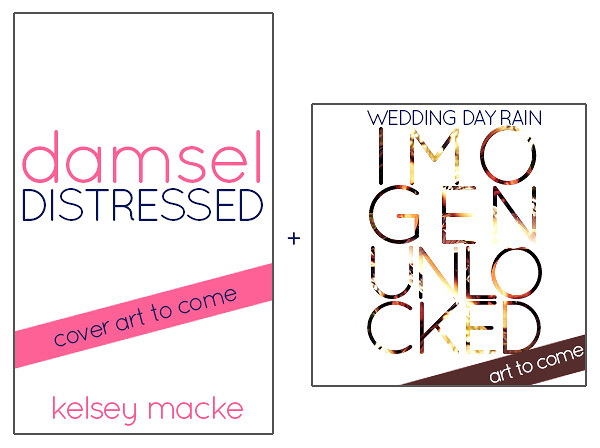
This is the manuscript that I betaed with Kels, so I can personally vouch for it. It’s an emotional, funny, beautiful story told by a character whose voice doesn’t often get heard. If you loved Jandy Nelson’s The Sky is Everywhere, you’ll love Damsel Distressed. If you’d like to learn more about Kelsey’s book, which comes out in October 2014, you can read about it here (be sure to watch her super cute announcement video) or even add it to Goodreads.
Beth Honeycutt
About: A graduate of the University of North Texas, majoring in both English and History, Beth Honeycutt has enjoyed the magic of words for most of her adult life. Beth has written poems that have been included in several editions of the Texas Poetry Calendar through Dos Gatos Press, as well as the Wichita Falls Literature and Arts Review, Encore, several editions of A Book of the Year by the Poetry Society of Texas, The April Perennial, Illya’s Honey, Collections I, Collections II, Collections III, and BorderSenses. Her poetry has won recognition in local contests with the City of Denton, Denton Writes, and North Central Texas Community College. Beyond her enjoyment of wordsmithing through poetry and as a family law paralegal, she is happily married with two fantastic adult children. Beth applies her awareness not only to her intuitive inner voice when writing poetry, but also in practicing alternative therapies of energy medicine with life coaching through her business, The Calming Center.
How I know her + the news: Beth and I meet weekly in a small private group for poetry critique. Over the years, I’ve read more of Beth’s poems than I can count, and they’re a delight every time. So of course I was thrilled to hear that she’s recently had a chapbook manuscript Finding Direction accepted for publication at Finishing Line Press.
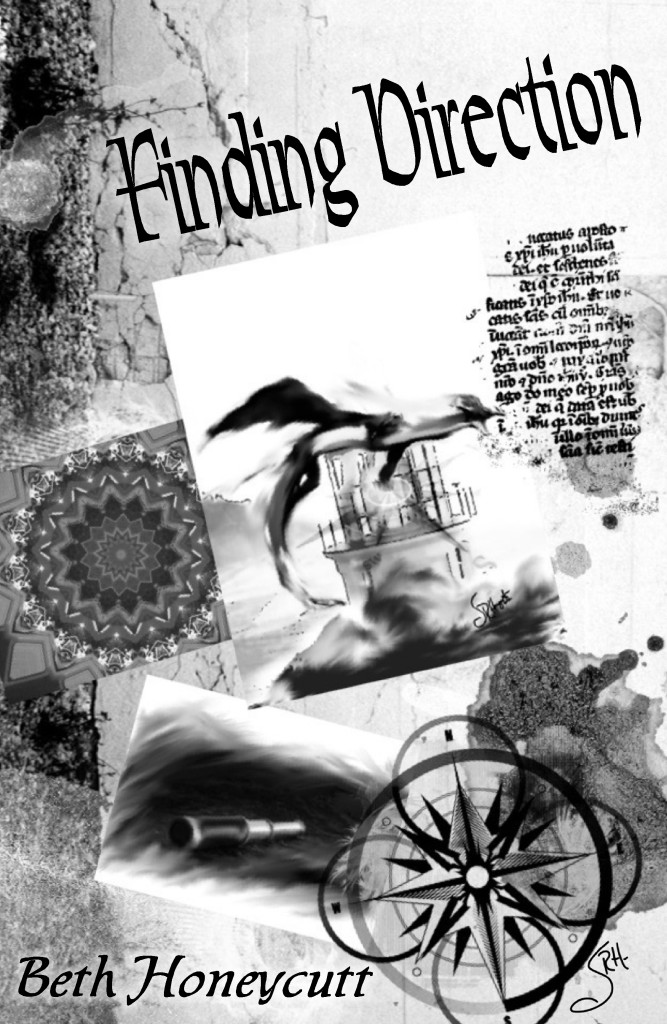
This collection explores the boundaries between the physical and metaphysical – playing on the edge of two worlds. I think her poetry is beautiful and would be meaningful to anyone, but if you’re a poetry and fantasy fan, you absolutely shouldn’t miss it! Finding Direction will be out this June, and you can preorder a copy here.
Regina Richards
About: Regina Richards spent a good part of her childhood with her nose in a book. At least when she wasn’t dodging her brothers’ attempts to land darts in her skull or fleeing her sister’s efforts to turn her into a girlie-girl. Growing up in a large family, though sometimes dangerous, was also fun. And those dart-wielding brothers and curling iron armed sister turned out to be surprisingly nice adults. Today Regina lives in Texas with her husband, three children, and two jolly beagles. She is a National Excellence in Romance Fiction Awards finalist, a Hot Prospects winner, an Enchanted Words finalist, a Happily Ever After winner, and a Brenda Novak Mentorship Contest finalist.
How I know her + the news: I met Regina at my local critique group as well. When the two of us decided to swap betas, I was pretty freaking excited. Not only does she give phenomenal feedback, but reading her novel Blood Marriage, a gothic vampire romance, was one of those “I can’t believe this counts as part of my job” moments. It felt like a vacation – fun, atmospheric, and deeply immersive. And totally professional; Regina’s craft is first class!
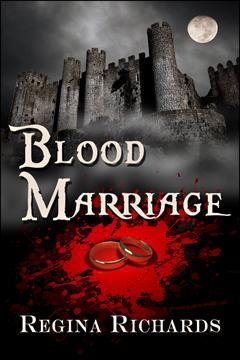
Blood Marriage is available on Amazon for quite a steal. It’s getting great reviews, and since I already knew it was a gem, I wasn’t at all surprised to hear that Regina is a finalist in the Best First Book category of the National Excellence in Romance Fiction Awards. Recognition well deserved!
Alex Langley
About: Alex Langley (@RocketLlama) can control gravity, swim at over eight-hundred miles per second, and has a dangerous, borderline nuclear passion for writing. He’s the author of The Geek Handbook and its upcoming follow-up, Geek Lust, both by Krause Publications. He also writes tons of fiction, and about movies, television, and anything that catches his fancy for Fanhattan.com, retro and modern gaming for Arcadesushi.com, and news, interviews, & comics for rocketllama.com. He has over 20,000 followers on twitter, edits content for geek girl/web celebrity @actionchick Katrina Hill at actionflickchick.com, and is the head editor of Nerdspan.com’s gaming section as well as being co-creator of the webseries Geeks and Gamers Anonymous. Thousands follow his work online, and he has been a speaker on panels at conventions, including Wonder-Con, and San Diego Comic-Con International. His published works also include academic papers.
How I know him + the news: Alex is my long-time book bro. We’ve been swapping novel manuscripts for several years now, after meeting at critique group. He’s also shopping around a graphic novel project that I just love. So you can maybe imagine how pumped I was to hear that he’d been asked to write a nonfiction book for Krause Publications. The Geek Handbook was born, and though I didn’t beta it, I’ve read it, and I can promise you it’s flipping hilarious – whether you’re a geek or not.
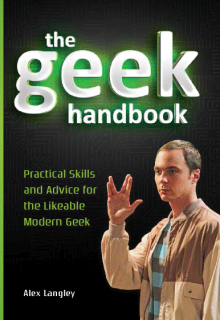
But the good news doesn’t stop there. The Geek Handbook has been so successful that’s it’s gone into a fourth print run! (Holy cannoli!) And on top of that, Alex recently signed a second book deal for a follow-up called Geek Lust. Hells yes! You can buy The Geek Handbook on Amazon as well as preorder Geek Lust.
Jan Spence
About: After a long career in various aspects of education, Jan Spence is happily retired and enjoying more time to write, teach yoga, and soak up the vibrations of cats purring on her lap. Her husband of 40+ years is an avid canoe and backwoods enthusiast, and she is an avid yogi and writer. A perfect match! She considers herself blessed to be able to follow her passion to travel the world and take in new experiences. When not at home in Denton, Texas, she also loves spending time with her grown son and daughter and their families, especially her lovely granddaughter. Jan has work appearing or forthcoming in A Book of the Year 2009, A Book of the Year 2011, Versifico 2008, Merging Visions: a collaborative exhibit of art and poetry, Red River Review, Collections I, The Senior Voice, and the Texas Poetry Calendar.
How I know her + the news: Jan, too, is a weekly part of my life; she’s part of the poetry crit group I mentioned above. Jan’s poetry chapbook, Navigating the Old Road, was published by Finishing Line Press last year. I’ve critiqued many of the poems in it as well as had the opportunity to sit down and read the finished chapbook cover to cover. It’s beautiful.

Navigating the Old Road is a collection about aging, but that doesn’t have to be a chief concern in your life in order to appreciate this book. Jan writes with wit, wisdom, and that emotional honesty thing I’m always yapping about. It’s really a touching read. You can buy it on Amazon or through Finishing Line.
~*~
Okay, I’ve finished plugging for today. Dang, I feel privileged just to know so many awesome writers, much less be CPs with them. What an honor.
Congratulations to all five of you for your recent successes, and here’s to many more to come!

